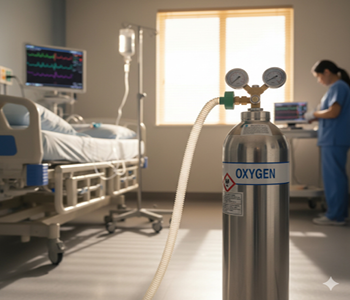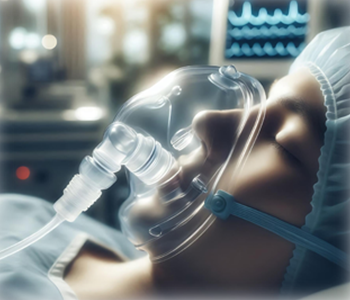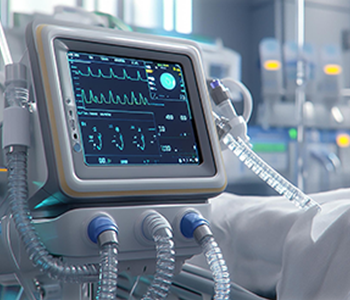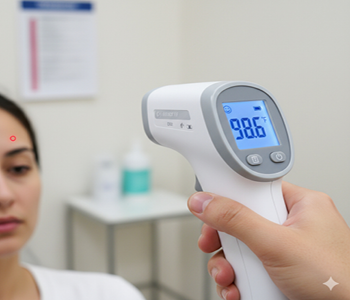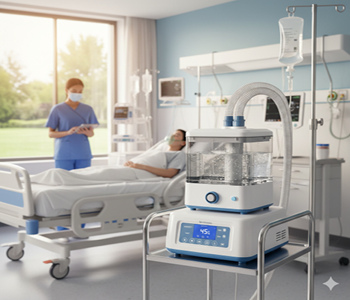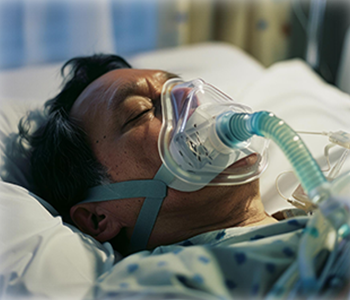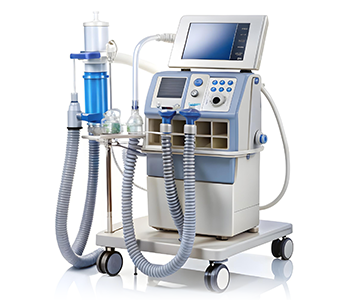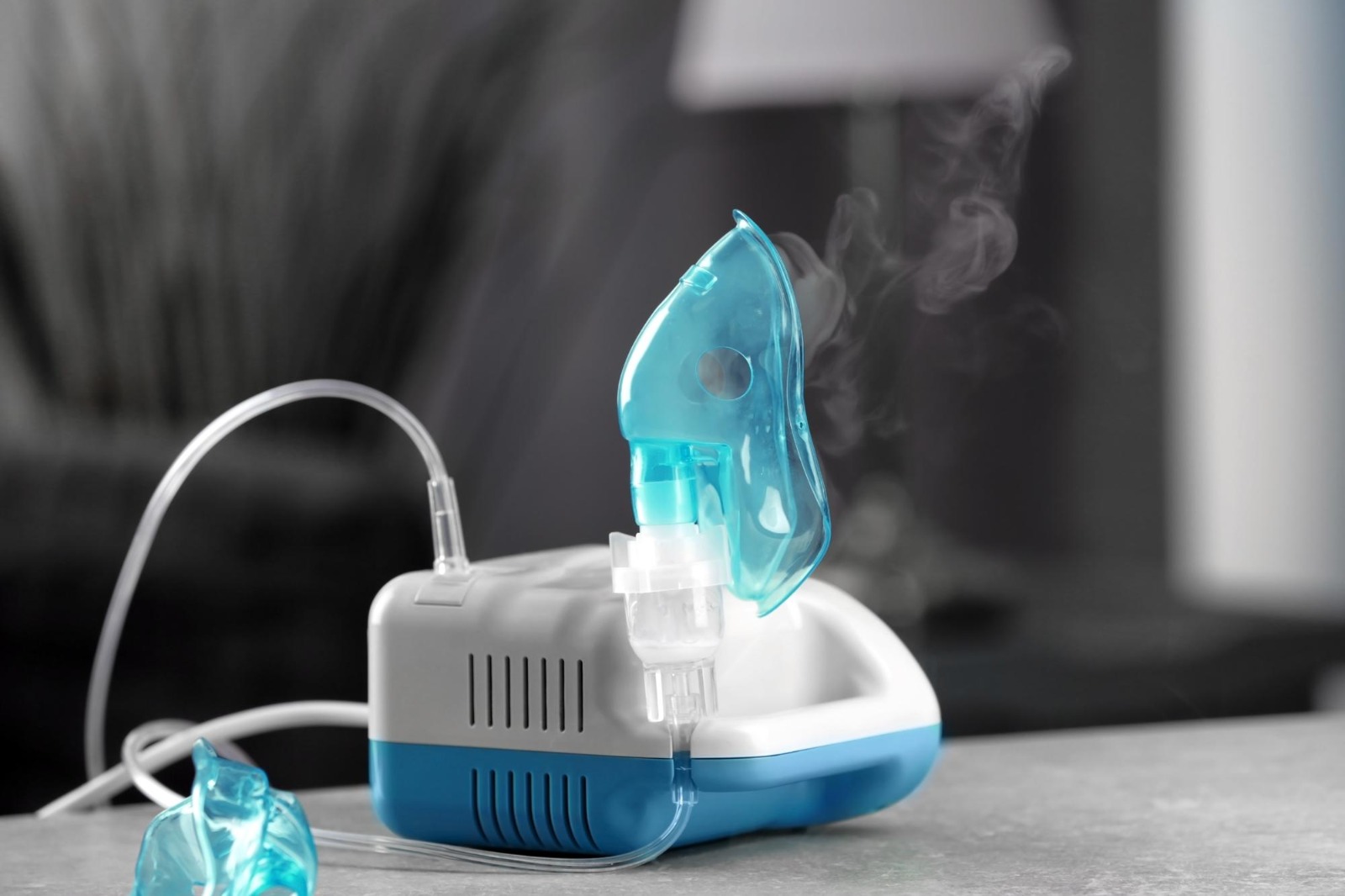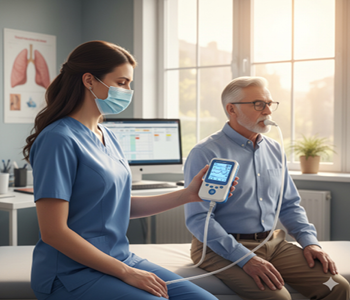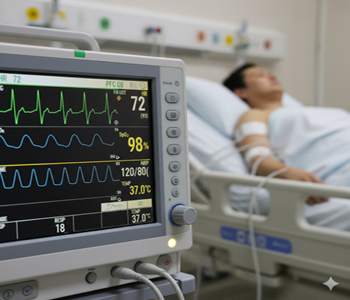
Overview
Healthcare communication is a critical skill that enables healthcare professionals to engage with patients, caregivers, and colleagues in a clear, compassionate, and effective manner. This program is specifically designed to help professionals understand the nuances of communication within healthcare settings. It focuses on developing key competencies such as active listening, demonstrating empathy, conveying complex information, and handling sensitive or difficult conversations with confidence. The ultimate goal is to improve patient satisfaction, strengthen provider-patient relationships, and contribute to better health outcomes. The course consists of 14 self-paced online modules, enriched with educational videos, real-life case scenarios, and interactive quizzes for practical learning. It is ideal for MBBS doctors, AYUSH practitioners, nurses, pharmacists, hospital managers, and all other healthcare professionals involved in patient care and communication.
What You'll Gain
- Communication techniques for preventing errors & violence in the workplace.
- Ways to build a rapport, building trust with patients
- Effective use of non-verbal communication skills
- Dealing with cultural differences
- Managing complaints, preventing the escalation of a situation
- Handling complaints & managing aggressive patients.
- Process of breaking bad news to the patient

.jpeg)
Special Features
- Designed by key communication experts and healthcare service providers from across India.
- Program is divided into 14 modules that are further divided into various sub-modules that participants could learn at their own pace.
- Blended online mode includes interactive activities and exercises for better learning.
Course Eligibility: For Allied / Paramedical / Nursing / Medical students
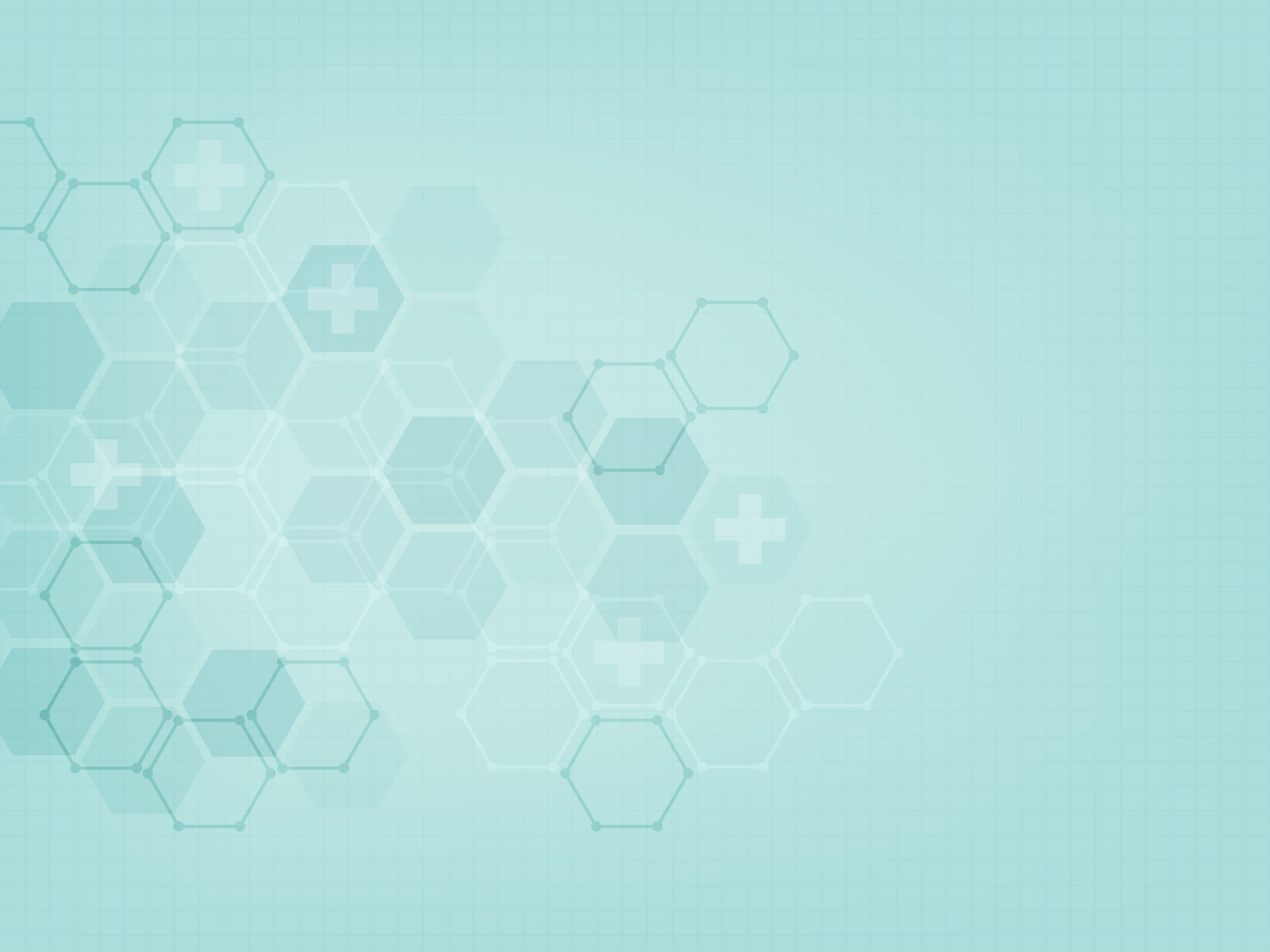
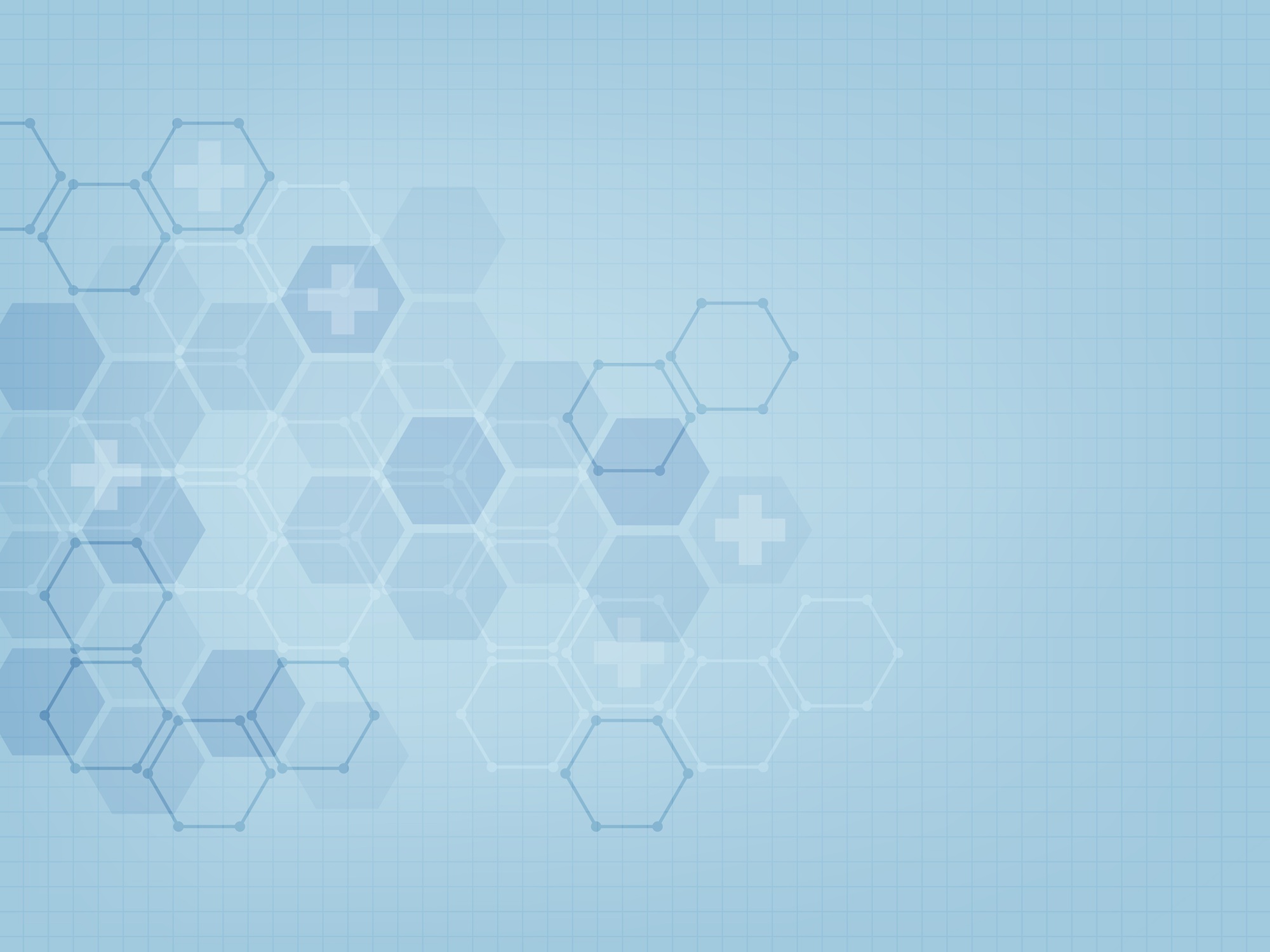
Description
This comprehensive Professional Certificate in Healthcare communication is designed for all healthcare professionals, including doctors, nurses, pharmacists, and hospital managers, with the essential skills for effective and empathetic communication in patient care. It aims to engage participants in videos, realistic case scenarios, and interactive quizzes, learners will develop the interpersonal skills necessary to enhance patient satisfaction, improve health outcomes, and foster a more positive and collaborative healthcare experience . For hands-on/practical trainings, please contact elearning@healthcare-ssc.in or call 9266617232
Curriculum
Understand the models and components of provider-patient communication.
Learn how to discuss the importance and relevance of effective communication in healthcare to prevent errors & violence in the workplace.
Understand the key essential skills in patient handling like Building a quick rapport, empathy, building trust, asking open-ended questions, assertion, collaborative skills, negotiation skills, and documentation skills.
Explore the four verbal communication styles, including passive communication, passive-aggressive communication, aggressive communication, and assertive communication. This module also talks about non-verbal communication skills like intonation and body language.
Learn the different categories of barriers that may be present in the healthcare setting on the patient's side, on the healthcare provider's side, and as part of the environment. Also talks about its direct impact on patient understanding, adherence, and treatment outcomes.
Understand the empowers health professionals with the understanding of cultural diversity and their ability to deal with cultural differences without discriminating in the care and attention they provide.
Learn the seven Ps of phone etiquette and the role of effective listening skills in taking a phone call.
Enhance knowledge on the importance and role of practicing professional etiquette with fellow professionals and exhibiting good behaviour in the workplace. The module also emphasizes the patient's rights, professional dressing and conduct, including the role of language and body language.
Understand the steps of managing complaints and the role of effective communication in preventing the escalation of a situation.
Learn the signs of aggressive patients and the need for prompt handling of complaints to prevent aggressive reactions.
Learn the importance of effective handover to prevent errors and some of the commonly used handover tools that are effective in promoting continuity of care and improving patient outcomes.
Understand how to identify barriers that interfere with a cooperative environment and discusses the steps to create and sustain a cooperative work environment.
Explain the patients' rights and responsibilities and unacceptable behaviour in healthcare.
Explore the process of breaking bad news empathetically to the patient or relatives in acceptable manner.
Recommended Courses
Discover the courses that are making a difference in healthcare.

Frequently
Asked Questions
This course is open to healthcare professionals, including MBBS doctors, AYUSH doctors, pharmacists, nurses, hospital managers, and healthcare professionals, could undergo this program and learn essential communication in patient care.
5 hours to complete (self-paced program to be completed within 6 months after enrolment.
Rs 4999/+GST
To receive the program completion Certificate, participants must thoroughly view all of the videos, activities, and exercises, as well as attempt both formative and summative assessments.

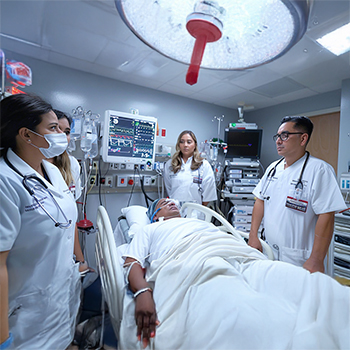

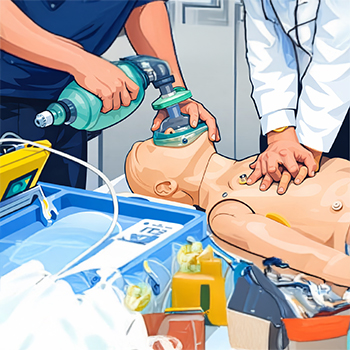
.jpg)
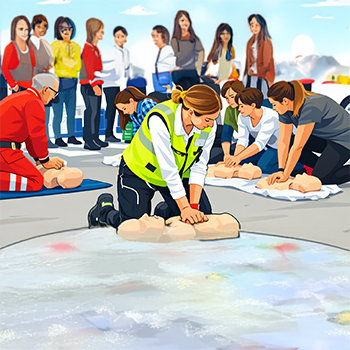
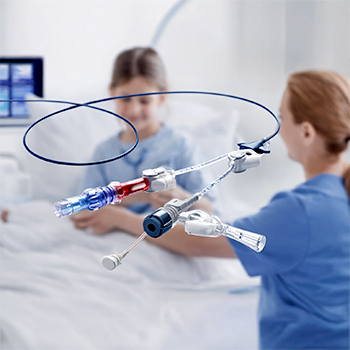
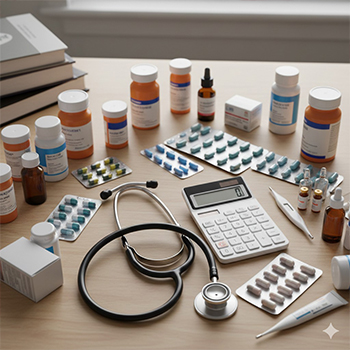
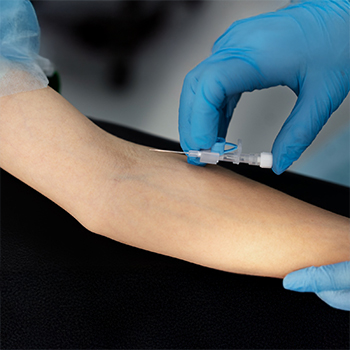

.png)


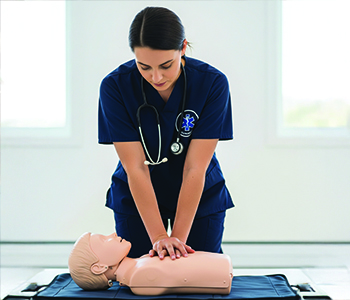







.jpeg)
.jpeg)


